It was with great sadness we learned of Leslie Pinder’s passing on June 12, 2021. Leslie Pinder was a Canadian lawyer who successfully argued several influential court cases before the Supreme Court of Canada on behalf of Indigenous Peoples in Canada.
Leslie Pinder began her career as a lawyer in British Columbia (BC) in 1976 and worked with the Union of BC Indian Chiefs. In 1982 she formed her own law firm with Louise Mandell (Mandell Pinder LLP-Vancouver), working exclusively for Indigenous Peoples. Unique for the times, Mandell Pinder LLP employed only female lawyers. Pinder became involved in cases concerning Aboriginal Title and Rights in 1987.
A note on terminology: Indian and Aboriginal terms are often used interchangeably and are found in colonial policies and legislation (i.e., Indian Act 1876, Constitution Act 1982, Section 35). The term Indigenous will be used in this article to refer to First Nations, Inuit and Métis and aligns with the United Nations Declaration of the Rights of Indigenous Peoples, implemented by Canada in 2021.
Very briefly, until 1951, the Indian Act made it illegal to obtain funds or legal counsel for advancement of Aboriginal Title or Rights cases. One of the first major court cases brought forward by Nisga’a Chief Frank Calder in 1967, argued for the existence of Aboriginal Title (Indigenous peoples’ occupation, use and control of ancestral lands prior to pre-contact). By 1973, six Supreme Court Justices of Canada recognized that Aboriginal Title existed in Canadian law.
Concerning Aboriginal rights, in 1984 Musqueam member Ronald Sparrow challenged his right to fish traditionally without retaining a food fishing license. It was argued that Sparrow retained the right to fish on the territories the Musqueam inhabited and fished for centuries, and their rights had never been extinguished (taken away) by treaty. The Supreme Court of Canada ruled in 1990 that existing Aboriginal and treaty rights were recognized and affirmed in section 35 of the Constitution Act.
A significant legal court case that Leslie Pinder and colleagues worked on included the Delgamuukw trial in 1987. This case was named after a Gitxsan Heredity Chief (Earl Muldoe) that involved BC land claims. They lost the initial court case in 1991, as the judge ruled that title was extinguished when BC joined Canadian Confederation. In addition, the judge refused to accept the Gitxsan and Wet’suwet’en Elders oral history (passed down from generation to generation) as evidence.
The Gitxsan and Wet’suwet’en appealed the ruling, and in 1993 the Appeal Court concluded that the government has a duty to consult with Indigenous peoples before they begin any projects that may infringe upon Indigenous rights. The court still agreed with the original ruling regarding title to land.
The Delgamuukw case was appealed by Leslie Pinder to the Supreme Court of Canada. The results of the 1997 ruling was important as it outlined that Aboriginal Title was recognized as a right under the Constitution Act; it clarified the government’s duty to consult; and it affirmed the legal validity of oral history. Pinder’s involvement in the Van der Peet case (1996) also resulted in the ruling that Indigenous oral history is an important type of evidence that courts must treat as equal to other types of evidence.
Leslie Pinder was passionate about defending the rights of Indigenous peoples. She took the lead in arguing several other landmark cases before the Supreme Court of Canada, which addressed fiduciary obligations of the federal Crown: Guerin v The Queen – 1984; Apsassin v The Queen – 1995; rulings establishing the Tk’emlups Band’s right to a pre-confederation reserve land (Jules v Harper Ranch – 1987), and preventing CNR interference with Indigenous fisheries along the Fraser and Thompson Rivers (Pasco v CNR – 1984) to mention a few. Pinder’s reciprocal relationship with Indigenous leaders in BC enabled her and her colleagues to advance the rights of all Indigenous Peoples across Canada.
These important court cases draw upon the work of cultural anthropologists and archaeologists who at times act as expert witnesses before the courts. The subsequent legislative changes, such as the requirements for consultation, underlie the process for all archaeological and environmental assessments today.

